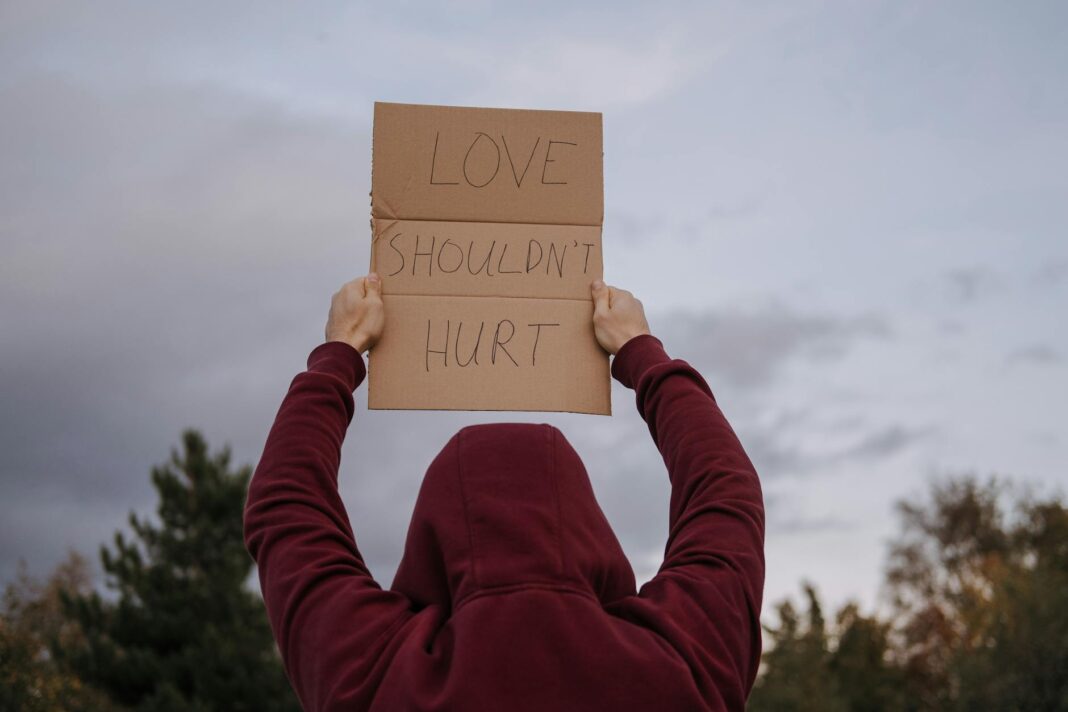RFK Jr. Shows Intense Emotion in Last Meeting
In a recent revelation, Susan Monarez, the former director of the Centers for Disease Control and Prevention (CDC), shared details about her last encounter with Health and Human Services Secretary Robert F. Kennedy Jr. Monarez described RFK Jr. as “very upset” and “very animated,” indicating that the meeting was charged with emotion and tension. This isn’t just your typical bureaucratic discussion; it was a moment filled with palpable frustration from one of the most prominent figures in health policy.
The Context of the Meeting
Understanding the backdrop of this meeting sheds light on why RFK Jr. reacted so strongly. His tenure at the helm of the Health and Human Services brought him into the crossfire of various controversies, especially around public health narratives and vaccine policies. Monarez’s account suggests that the weight of these issues was heavy on his shoulders, prompting a raw display of emotion during their final interaction.
Since taking office, RFK Jr. has faced immense pressure from all sides. The COVID-19 pandemic unleashed a torrent of scrutiny on health officials, with many questioning the efficacy of public health measures. His role in navigating the often murky waters of public sentiment around vaccines has led to intense debates. The polarized nature of these conversations often leaves leaders feeling isolated and frustrated, and it appears RFK Jr. is no exception.
The Implications of His Frustration
RFK Jr.’s frustration reflects a broader discontent that many health officials and policymakers might feel in the current climate. The ongoing debates surrounding health protocols, vaccine hesitancy, and public trust have created a charged atmosphere where emotions often run high. It’s clear that RFK Jr. is not just a figurehead; he is deeply affected by the repercussions of his decisions and the public’s response to them. Monarez’s insights into his demeanor could signal that he recognizes the stakes involved in public health discourse and the challenge of steering conversations amidst rampant misinformation.
This meeting, characterized by RFK Jr.’s emotional intensity, may also indicate a deeper concern over how health messaging is received by the public. As misinformation spreads like wildfire in today’s digital age, officials like RFK Jr. face the challenge of countering false narratives while also trying to maintain public trust. His animated reaction could be interpreted as a plea for understanding and support in a time of unprecedented medical and social challenges.
What Lies Ahead?
As we reflect on this exchange, the question remains: what does this mean for RFK Jr.’s legacy and the future of health policy in America? His animated response could be indicative of a leader grappling with the realities of a polarized society. As the public health landscape continues to evolve, it’s crucial to watch how these emotions translate into action, whether through policy changes or public engagement strategies.
This intense meeting could serve as a turning point for RFK Jr. as he navigates the final stretch of his tenure. Will he double down on his current strategies, or will this emotional moment lead him to reassess his approach? The implications of his next steps could be significant, not only for his career but also for the direction of public health initiatives in the U.S.
Questions
What do you think triggered RFK Jr.’s emotional response in this meeting?
How do you believe his frustration will impact his future decisions?
What does this say about the current state of public health leadership?




